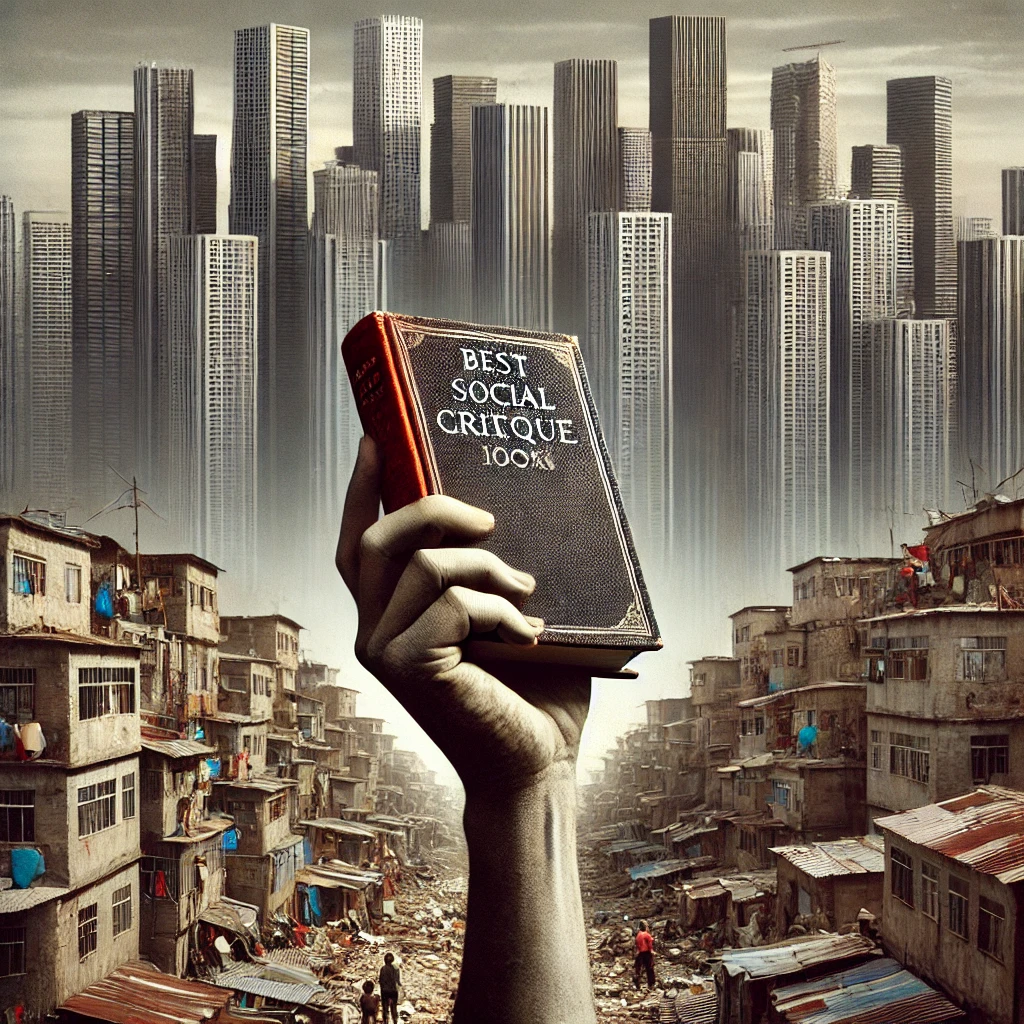The Death of Ivan Ilyich
Tolstoy’s haunting novella delves into the mind of a dying man, forcing us to confront our own mortality. As Ivan Ilyich grapples with his impending death, we witness his journey from denial to acceptance. The author’s keen insights into human nature and societal expectations shine through, making us question our own lives and values. This poignant tale of a seemingly successful man’s final days will linger in your thoughts long after you’ve turned the last page.
 Social critique fiction offers readers a lens through which to examine the flaws and injustices of society. These novels tackle pressing issues such as inequality, corruption, discrimination, and the complexities of human behavior within political, economic, and cultural systems. Through vivid characters and thought-provoking narratives, social critique fiction sheds light on the challenges and contradictions of the world we live in, often sparking dialogue and reflection about how society can evolve.
Social critique fiction offers readers a lens through which to examine the flaws and injustices of society. These novels tackle pressing issues such as inequality, corruption, discrimination, and the complexities of human behavior within political, economic, and cultural systems. Through vivid characters and thought-provoking narratives, social critique fiction sheds light on the challenges and contradictions of the world we live in, often sparking dialogue and reflection about how society can evolve.